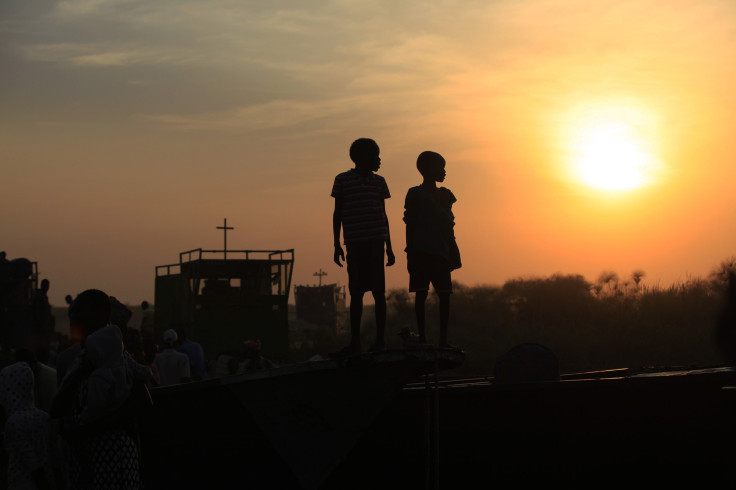38 Million People Internally Displaced By Violence Worldwide: Report

A total of 38 million people have been internally displaced within their countries worldwide at the end of 2014, a Norwegian humanitarian group said in a study published Wednesday. The latest figures are the highest ever recorded for the third year in a row, the group said.
The Norwegian Refugee Council's (NRC) Internal Displacement Monitoring Center, which conducted the study, said the new figures were alarming. “These are the worst figures for forced displacement in a generation, signaling our complete failure to protect innocent civilians,” Jan Egeland, secretary general at the NRC, said in a press release.
The report found that in 2014 alone, 11 million people were displaced as new crises emerged across the world, with the equivalent of 30,000 people being forced to flee their homes every day. Of the displaced people, 60 percent came from the five countries of Iraq, South Sudan, Syria, the Democratic Republic of Congo and Nigeria.
“Global diplomats, UN resolutions, peace talks and ceasefire agreements have lost the battle against ruthless armed men who are driven by political or religious interests rather than human imperatives,” Egeland said. “This report should be a tremendous wake-up call. We must break this trend where millions of men, women and children are becoming trapped in conflict zones around the world.”
Iraqi civilians suffered the worst displacement in 2014, as at least 2.2 million people fled their homes before the advance of ISIS. The chaos in neighboring Syria was also noted, as 35 percent of the Syrian population, or about 7.6 million people, have been internally displaced so far, the highest for any country in the world. At least 1.1 million Syrians fled their homes last year.
The report drew attention to growing global inequality and economic vulnerability as the main forces behind the trend, highlighting the role that non-state militant groups such as ISIS, Boko Haram and al-Shabab in Africa, and militias in Ukraine and Central America played in driving people from their homes.
“We know that more and more internally displaced have been forced to move within their country multiple times. The longer a conflict lasts, the more insecure they feel and when hopelessness sets in, many will cross borders and become refugees,” UNHCR’s Assistant High Commissioner for Protection Volker Türk said in the release.
“As we have seen in the recent past, for example in the Mediterranean, despair drives people to take their chances and even risk dangerous boat journeys. The obvious solution lies in an all-out effort to bring about peace in war-ravaged countries,” Türk added.
The report also highlighted the structural difficulties faced by these populations in seeking help. It found that in 2014, there were people who had lived in displacement for over a decade in nearly 90 percent of the 60 countries it monitored. It said the persistent nature of the matter highlighted the unwillingness of governments to address the issue. The report further noted that the situation would likely worsen as the world’s population swells to a projected 9.6 billion by 2050.
© Copyright IBTimes 2024. All rights reserved.





















